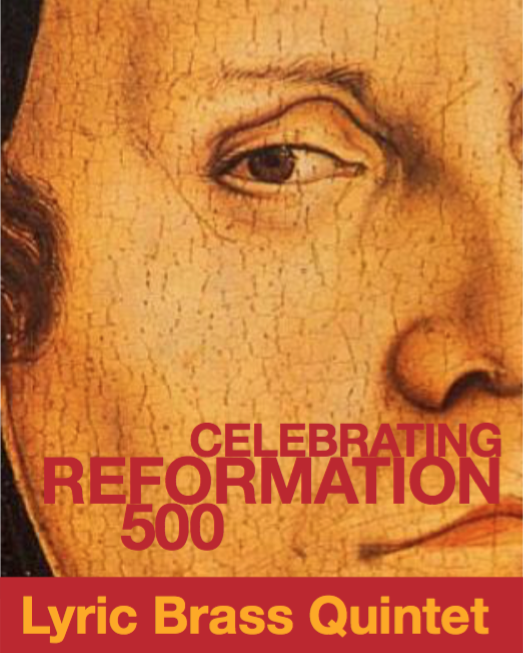Page 113 • (1,337 results in 0.069 seconds)
-
supremacy. Racial hierarchy and colonialism structured the very foundations of most disciplines’ research and teaching paradigms. In the early twentieth century, the academy faced rising opposition and correction, evident in the intervention of scholars including W.E.B. Du Bois, Zora Neale Hurston, Carter G. Woodson, and others, and by the mid-twentieth century, education itself became a center in the struggle for social justice.”– Provided by publisher. Morris, Monique W. Sing a Rhythm, Dance a Blues
-

and area foundations, construction is now underway on the Clinical Learning and Simulation Center. Additional funds are still needed to purchase the cutting-edge tools and technology necessary for the center to have its maximum impact. Check back often to see construction progress! View Gallery February 3, 2020 Congressman Denny Heck visits with Nursing students Congressman Denny Heck was an early supporter of a $2.8 million HRSA grant that was recently awarded to PLU’s School of Nursing. He
-
, dialogue, and setting. Students will learn to critically read and evaluate scripted media and to produce their own original scripts. (4) ENGL 241 : American Traditions in Literature - IT Selected themes that distinguish American literature from British traditions, from colonial or early national roots to current branches: for example, confronting the divine, inventing selfhood, coping with racism. (4) ENGL 251 : British Traditions in Literature - IT Selected themes that define British literature as one
-
, another woman in her late twenties who must find her way out of the social conventions she has ambivalently accepted. Instead, Johnson’s Anne carries a pet rabbit, who at times appears to be either a symbol of caregiving or a muted albeit obvious allusion to her sexuality. More than anything, though, the rabbit appeared to render Anne Elliot, Austen’s oldest protagonist and arguably the most heartbroken of all, a girl. In the novel, we learn early on that the years since Anne and Wentworth’s
-
steadily over the decades. With music written as early as in the 1930s and as recently as five years ago, this concert will span many eras and iterations of jazz, from swing era “popular” music to bold, modern works. Cassio Vianna, Director of Jazz Studies and Assistant Professor of Music, assembled the concert repertoire for the benefit of both the music students and the community. “I wanted to challenge our students and create a new listening opportunity for audiences. One of the added benefits is
-
. Pastor Jen featured in the Chicago Sun for her historical ordination Having grown up in the Lutheran church, Pastor Jen was “steeped in our theology, which is all about grace and unconditional love and justice.” Her father and other family members are pastors, and she was a leader in her church group. She jokes that “it’s the Lutheran Church’s fault that I… adopted these and believed these values, these commitments.” Since queer people could not be ordained in the ELCA until 2009, as a young person
-

case the story of Martin Luther and his journey from young law student to monk, to pilgrim, to theology professor, to critic of the Roman Church, to heretic and fugitive, and finally to founder of the Lutheran Reformation, which we celebrate around the world this year on its 500th anniversary,” Kracht says. “The music is descriptive of that narrative, using both music from Luther’s own time as well as music of my own composition, in a blend that ranges from Renaissance sounds to modern.” The piece
-
, PLU Bio: Marit Trelstad is Professor of Constructive and Lutheran Theology at Pacific Lutheran University in Tacoma, Washington. Her scholarly work combines feminist, process and Lutheran theologies and has focused on Christology, theological anthropology, the doctrine of God, and science and religion (including economics, geoengineering and ecology). As a contributor and editor, she published Cross Examinations: Readings on the Meaning of the Cross Today (Fortress, 2006) and contributed to
-
, PLU Bio: Marit Trelstad is Professor of Constructive and Lutheran Theology at Pacific Lutheran University in Tacoma, Washington. Her scholarly work combines feminist, process and Lutheran theologies and has focused on Christology, theological anthropology, the doctrine of God, and science and religion (including economics, geoengineering and ecology). As a contributor and editor, she published Cross Examinations: Readings on the Meaning of the Cross Today (Fortress, 2006) and contributed to
-

in a parsonage, she knew she wanted to live a life of service. “From an early age, I wanted to be a teacher,” she says. At PLU, she appreciated the practical experience that education students received at area schools. “Everything was action-reflection,” she says. “It wasn’t just theories about education, but getting you out there, and seeing if this was a fit.” Along the way, Shjerven took an interest in deaf education, and a professor encouraged her to focus in the area. This meant transferring
Do you have any feedback for us? If so, feel free to use our Feedback Form.


